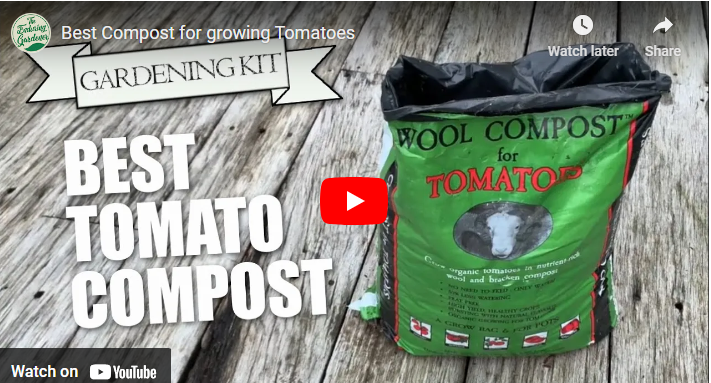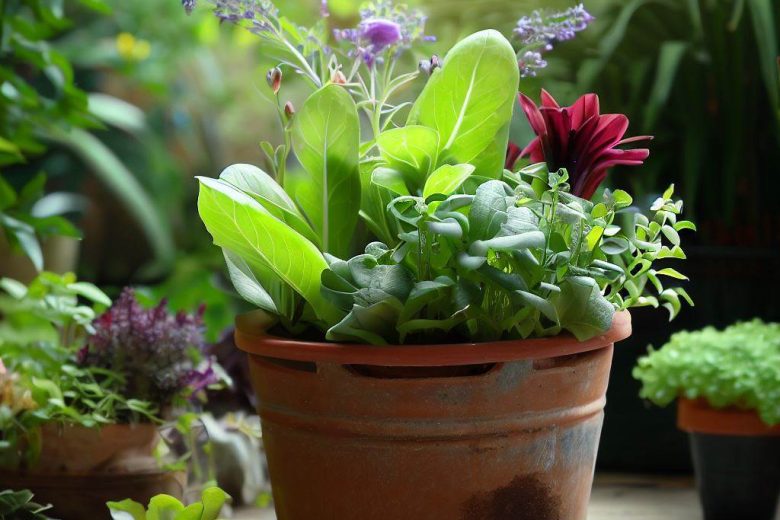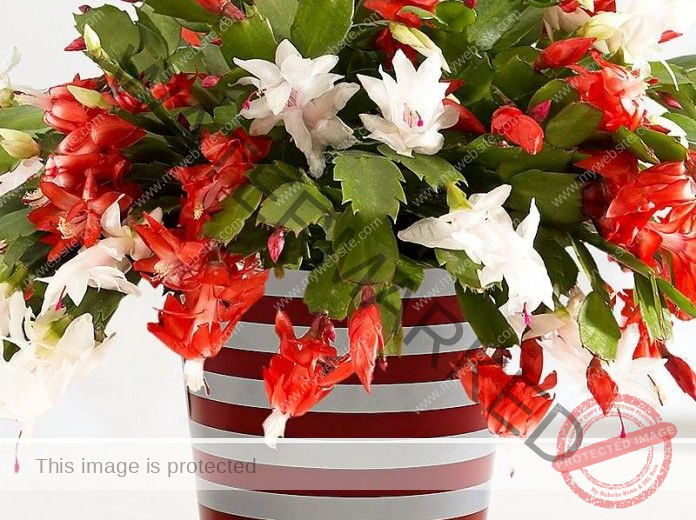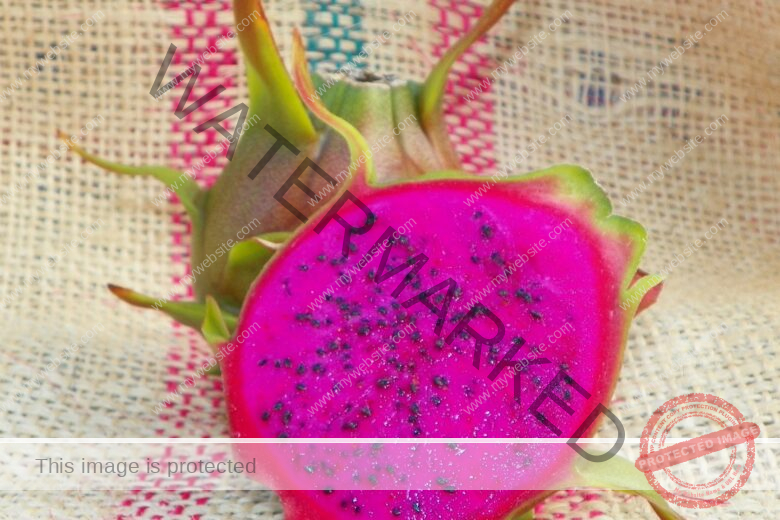When it comes to growing tomatoes, using the right compost can make a significant difference in the health, growth, and productivity of your plants. Compost provides essential nutrients, improves soil structure, retains moisture, and enhances beneficial microbial activity, creating an ideal environment for tomatoes to thrive.
In this article, we will explore the best compost options available for tomatoes, ensuring you have all the information you need to grow robust and flavorful tomatoes in your garden.
Best Compost for Tomatoes: Nourishing Your Plants for Abundant Harvests
Compost serves as a powerhouse of nutrients and organic matter that enriches the soil and promotes healthy plant growth. Tomatoes are heavy feeders, and they require a nutrient-rich environment to produce bountiful yields.
By incorporating compost into your soil, you provide a continuous supply of vital nutrients, including nitrogen, phosphorus, potassium, and micronutrients, which are essential for the development of strong roots, robust foliage, and abundant fruiting.
Key Nutrients for Tomato Plants
Tomato plants have specific nutrient requirements to reach their full potential. Some of the key nutrients that tomatoes need are:
- Nitrogen (N): Promotes healthy leaf and stem growth.
- Phosphorus (P): Supports root development and flowering.
- Potassium (K): Enhances fruit quality, taste, and disease resistance.
- Calcium (Ca): Prevents blossom end rot and strengthens cell walls.
- Magnesium (Mg): Aids in chlorophyll production and photosynthesis.
The Benefits of Organic Compost
Organic compost is the preferred choice for growing tomatoes as it offers numerous benefits. Firstly, organic compost improves soil structure, allowing better root penetration, water drainage, and aeration.
It also enhances soil fertility by increasing nutrient availability and fostering beneficial microbial activity, which helps break down organic matter and release nutrients in a slow and steady manner, ensuring a continuous supply to your tomato plants.
Types of Compost for Tomatoes
Homemade Compost
Creating your own compost is an excellent way to recycle kitchen scraps, yard waste, and other organic materials. Homemade compost is environmentally friendly, cost-effective, and tailored to your specific needs.
By composting kitchen scraps, such as vegetable peels, coffee grounds, and eggshells, along with yard trimmings and leaves, you can produce nutrient-rich compost that will support your tomato plants’ growth and development.
Worm Castings
Worm castings, also known as vermicompost, are rich in beneficial microorganisms, enzymes, and plant growth hormones. They provide a balanced mix of nutrients and help improve soil structure.
Worm castings are particularly beneficial for tomatoes as they promote root growth, disease resistance, and overall plant vigor. You can either purchase worm castings or start vermicomposting at home using red worms.
Mushroom Compost
Mushroom compost is a blend of organic materials such as straw, horse manure, gypsum, and agricultural waste. It undergoes a controlled decomposition process, resulting in a nutrient-rich compost suitable for growing tomatoes.
Mushroom compost improves soil structure, retains moisture, and enhances nutrient availability, making it an excellent choice for boosting tomato plant growth.
Composted Manure
Composted manure, derived from herbivore animal waste, is an excellent source of organic matter and nutrients. It enriches the soil with nitrogen, phosphorus, potassium, and essential trace elements.
When using composted manure, ensure that it has fully decomposed to avoid any potential issues with pathogens or excessive nutrient content.
Leaf Mold
Leaf mold is a type of compost derived solely from decomposed leaves. It is easy to make by collecting fallen leaves and allowing them to decompose over time. Leaf mold enhances soil structure, promotes moisture retention, and encourages beneficial microbial activity. Adding leaf mold to your tomato beds helps create a nutrient-rich environment that supports healthy plant growth.
Peat Moss Compost
Peat moss compost is a blend of peat moss and organic matter. It improves soil structure, retains moisture, and provides a slow-release source of nutrients. Peat moss compost is slightly acidic, making it ideal for tomatoes that prefer a slightly lower pH range. However, it’s essential to consider the environmental impact of peat extraction and explore sustainable alternatives when available.
Tips for Using Compost with Tomato Plants
To maximize the benefits of compost for your tomato plants, consider the following tips:
Mixing Compost into the Soil
Before planting your tomatoes, incorporate compost into the soil to a depth of 6 to 8 inches. This ensures that the compost is evenly distributed and allows the roots to access nutrients as they grow. Aim for a compost-to-soil ratio of around 25%, ensuring a nutrient-rich environment without overwhelming the plants.
Compost Tea
Compost tea is a liquid extract made by steeping compost in water. It provides a quick and easily absorbed nutrient boost to your tomato plants. To make compost tea, fill a container with water and add compost in a porous bag. Let it steep for a few days, then use the resulting liquid to water your plants or spray it on the foliage.
https://www.youtube.com/watch?v=M9YxpXA8_ZI&pp=ygUZQmVzdCBDb21wb3N0IGZvciBUb21hdG9lcw%3D%3D
Top Dressing with Compost
As your tomato plants grow, periodically apply a thin layer of compost around the base of the plants, known as top dressing. This helps replenish nutrients and supports ongoing plant development. Ensure the compost doesn’t touch the stem to prevent potential rot or diseases.
Applying Compost as Mulch
Using compost as mulch around your tomato plants offers multiple benefits. It helps retain moisture, suppresses weed growth, moderates soil temperature, and gradually releases nutrients into the soil. Apply a layer of compost around the base of the plants, leaving a gap around the stem to prevent potential issues.
Avoiding Common Composting Mistakes
While composting is a straightforward process, it’s important to avoid some common mistakes that can impact its effectiveness. Some common composting mistakes to avoid include:
- Adding meat, dairy, or oily food scraps: These items can attract pests and slow down the decomposition process.
- Neglecting proper aeration: Ensure your compost pile has sufficient airflow to prevent it from becoming anaerobic and smelly.
- Using chemically treated materials: Avoid adding materials treated with pesticides or herbicides, as they can interfere with the composting process and harm your plants.
- Adding weeds with mature seeds: If weeds with mature seeds are added to the compost, they may survive the decomposition process and lead to weed growth when using the compost.
Composting Alternatives for Container Gardening
If you have limited garden space and are growing tomatoes in containers, you can still provide them with the benefits of compost. Consider using commercially available potting mixes that contain compost or create your own blend using compost, perlite, vermiculite, and coconut coir. This ensures that your tomato plants receive the necessary nutrients and a well-draining growing medium.
Can I use fresh compost when planting tomatoes?
Fresh compost can be too high in nitrogen, which may burn the plants. It’s best to use fully composted material to avoid any potential issues.
How often should I apply compost to my tomato plants?
Apply compost as a top dressing every 4 to 6 weeks during the growing season to replenish nutrients.
Can I use store-bought compost for tomatoes? Yes, you can use commercially available compost products specifically formulated for tomatoes. Ensure they are organic and well-suited for vegetable gardening.
Can I use compost from my kitchen scraps only?
Kitchen scraps alone may not provide a balanced mix of nutrients for your tomatoes. It’s recommended to combine kitchen scraps with other organic materials, such as leaves or yard waste, for a more well-rounded compost.
How long does it take to make homemade compost?
The time required to make compost varies depending on various factors, such as the materials used, the composting method, and the environmental conditions. On average, it can take anywhere from a few months to a year to produce mature compost.
Best Compost for Tomatoes in Pots:
When growing tomatoes in pots, it’s essential to use a lightweight and well-draining compost mix. Opt for a potting mix specifically formulated for containers or a blend of compost, perlite, vermiculite, and coconut coir. This combination ensures good aeration, moisture retention, and nutrient availability, promoting healthy tomato plant growth.
Best Compost Mix for Tomatoes:
For the best compost mix for tomatoes, a combination of organic compost, well-rotted manure, and garden soil works well. The compost provides nutrients, the well-rotted manure adds organic matter, and the garden soil offers a solid foundation. Aim for a balanced mix that retains moisture, provides good drainage, and supplies essential nutrients throughout the growing season.
Best Organic Compost for Tomatoes:
When seeking organic options, consider using homemade compost or purchasing certified organic compost. Homemade compost allows you to control the ingredients and ensure they are organic and free from pesticides.
Certified organic compost guarantees that it has been produced without the use of synthetic chemicals or genetically modified organisms (GMOs), providing a natural and sustainable option for growing tomatoes.
Best Potting Compost for Tomatoes:
Potting compost specifically designed for tomatoes is an excellent choice for growing tomatoes in containers. Look for a high-quality potting mix that is lightweight, well-draining, and enriched with organic matter.
These mixes often contain a balanced blend of compost, peat moss, perlite, and other organic materials to provide the necessary nutrients and optimal growing conditions for your potted tomatoes.
Best Compost for Tomatoes in Containers:
When growing tomatoes in containers, consider using a combination of compost, coconut coir, perlite, and vermiculite. This mix provides excellent drainage, moisture retention, and aeration, ensuring the roots have access to the necessary oxygen and nutrients.
The compost contributes the organic matter and nutrients, while the other components enhance the growing medium’s structure and water-holding capacity.
Remember to choose a compost mix or potting compost suitable for your specific needs, ensuring it meets the requirements of container gardening and provides the necessary nutrients and growing conditions for healthy and productive tomato plants in pots or containers.
Conclusion
Choosing the best compost for your tomatoes is a critical step in ensuring healthy and productive plants. By enriching the soil with organic matter, nutrients, and beneficial microorganisms, compost creates an optimal growing environment for your tomato plants.
Whether you opt for homemade compost, worm castings, mushroom compost, or other types of compost, remember to incorporate it into the soil, use compost tea, top dress your plants, and consider composting alternatives for container gardening. With the right compost, you’ll be on your way to growing robust, flavorful tomatoes that will delight your taste buds.




